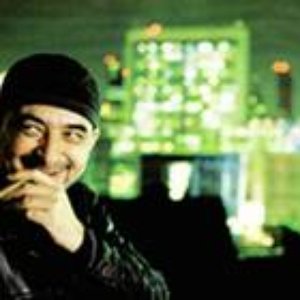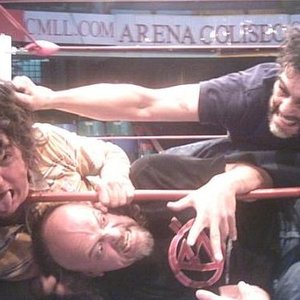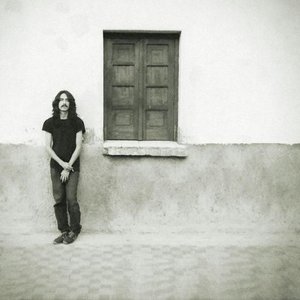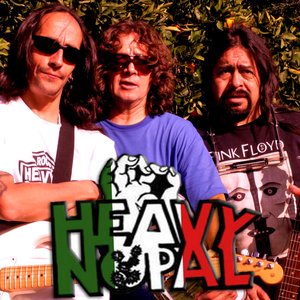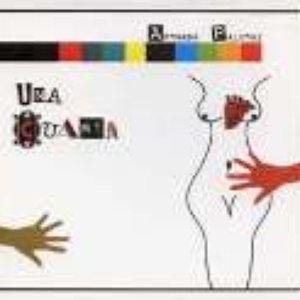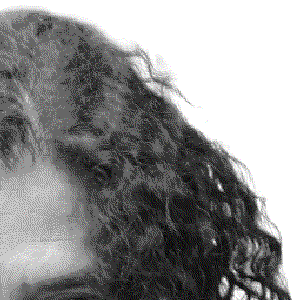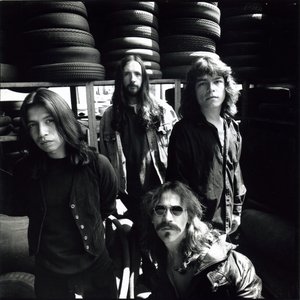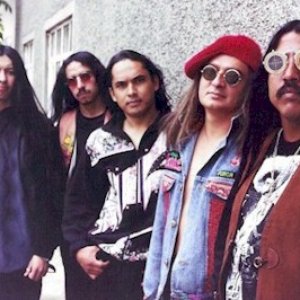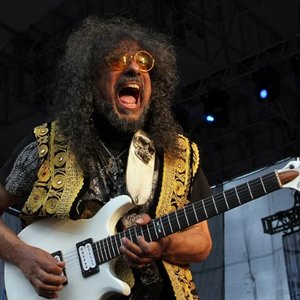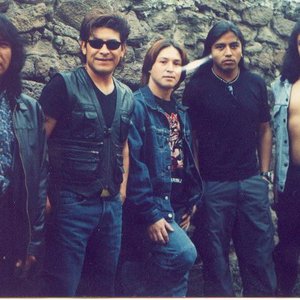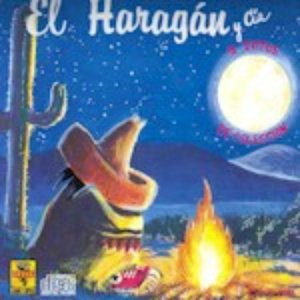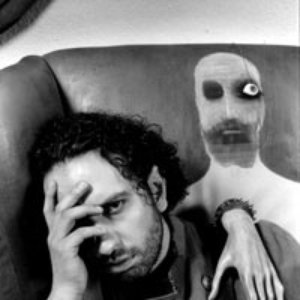Biography
There are 2 artists sharing this name:
1) Rodrigo González (Tampico, Tamaulipas, December 25, 1950 - Ciudad de México, September 19, 1985), also know as Rockdrigo by fans and followers, was one of the precursors of mexican folk-rock and a main figure of the urban rock movement. Along with musicians like Jaime López, Arturo Meza and Rafael Catana, he was one of the main promoters of the Movimiento Rupestre ("Cave Movement"), a voice-and-guitar folk music movement that brought a series of important artists to the history of Mexican rock scene. He died as a victim of the big earthquake that hit Mexico City on September 19th, 1985. Great part of his music stayed as demos, being Hurbanistorias (1983) the only independent and formal release that Rockdrigo produced while he was alive. The rest of his albums, such as "El profeta del nopal", "Aventuras en el DeFe" and "No estoy loco", were released posthumously containing songs previously recorded by himself and others on demotapes and live performances.
Some called him the "Mexican Bob Dylan", although this comparison is misleading. They shared a similar uncanny singing voice and a similar instrumentation (mainly composed of acoustic guitar and harmonica), but the lyrics and the general musical concept are completely different. The lyrics of Rodrigo González mixed the urban lifestyle with the troubles of the urban poor, aswell as a powerful influence from the main composers of the Mexican popular music, such as Cuco Sánchez, José Alfredo Jiménez and Chava Flores. The complexity of Rodrigo González's lyrics has been widely recognized by the Mexican critics, going from satire and social commentary to a more complex poetic imagery. Although much of his more popular songs were composed with a strong blues and rock flavor, he also explored many of the main Mexican traditional music genres, such as bolero, ranchero and huapango. One of his must well known tunes, "Estación del Metro Balderas" is an uncanny love song about losing a loved one among the caos of a subway station. On several times during his career (and with the aim of adding a more "electric" sound to his songs), Rodrigo González was accompanied by the group Qual, leaded by Fausto Arrellín, although this combo never got to get recorded.
During his lifetime he found many listeners among students, but after his death his celebrity was raised thanks to many of his songs being covered by many of the main Mexican rock groups such as El Tri, Botellita de Jerez & Heavy Nopal, among many others.
On 2006, several bands and artists recorded a tribute record called "Ofrenda a Rockdrigo González":
His daughter, Amanda Escalante, has recently begun her own solo career under the name Amandititita.
2) Rodrigo “Rod” Andrés González Espindola is a Chilean musician and known as a bassist and singer in the German band Die Ärzte.
González' parents were politically persecuted in Chile during the Pinochet dictatorship, and so were granted asylum in Hamburg. His family initially lived there in poverty until his father found work. Rod completed his Abitur (school-leaving exams) at the Gymnasium Heidberg, receiving an average grade of 2.4. Rod has an older sister, Claudia, who also works as a musician (Universal González). As a teenager, González was a member of the band Die Erben. In 1986 he played banjo in the Hamburg punk band Die Goldenen Zitronen, and from 1988 to 1989 he was the guitarist in the Rainbirds.
González became friends with the Die Ärzte drummer, Bela B., when they sang a Kiss song together in a bar while drunk. González was also a member of the so-called ‘KISS Army’. Bela B. quickly began to value Rodrigo González' musical talent. They played together in the band S.U.M.P., which later changed its name to Depp Jones, following the (temporary) break-up of Die Ärzte in 1988. After failing to achieve commercial success, Depp Jones split up in 1992. When Die Ärzte got back together in 1993, González became their new band member. Although he had been the guitarist in Depp Jones, he became the bassist in Die Ärzte. While the last Die Ärzte bassist prior to the break-up, Hagen Liebing, had only been a hired band member, González has been a fully-fledged Die Ärzte since joining the band. He has penned the Die Ärzte singles 1/2 Lovesong and Dinge von denen, among others. Alongside bass and guitar, González has also taught himself to play the drums, keyboard and piano. The other members of Die Ärzte therefore jokingly refer to him as “over-qualified”. During the MTV Unplugged concert Rock’n’Roll Realschule, which took place in 2002 in the Albert-Schweitzer-Gymnasium in Hamburg, González was the musical director and arranger for most of the songs performed.
Rodrigo González works as a producer for various bands and other artists, such as Lucilectric, Knorkator and Panda. He is also the co-owner of Rodrec, a record company, through which both of the Depp Jones albums were re-released and to which the artists Rantanplan, Church Of Confidence und Abwärts are signed. Rod has also played guitar with Abwärts since 2004.
During the live concert Fußballfans gegen Rechts (meaning football fans against right-wing extremism) on 30 January 1993 in the Zakk Club, Düsseldorf, González played in the punk band Slime as a stand-in. He covered the Kiss song I'll Fight Hell to Hold You in 2001, turning it into a disco track and singing in the Bee Gees style.
In 2005 González and Bela B. (as Zwei Fickende Hunde) recorded the song Meister aller Fotzen by Die Kassierer for the CD Kunst to celebrate 20 years of the Wattenscheid punk band.
Artist descriptions on Last.fm are editable by everyone. Feel free to contribute!
All user-contributed text on this page is available under the Creative Commons Attribution-ShareAlike License; additional terms may apply.
